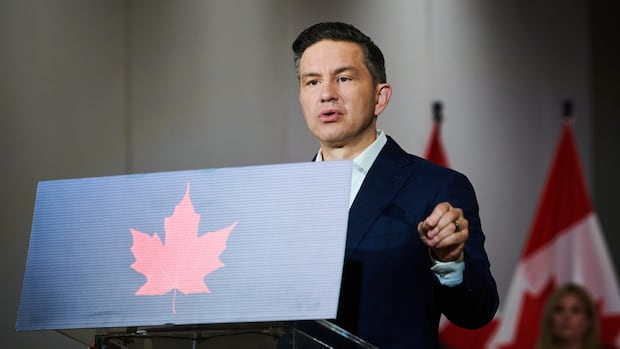A professor from the University of Regina has criticized Pierre Poilievre’s proposal to eliminate the temporary foreign worker program, stating that it aligns with a rising anti-immigrant sentiment in Canada and lacks factual basis. Poilievre, the Conservative leader, argued that the program saturates the labor market with cheap workers, hindering job prospects for young Canadians.
Andrew Stevens, an associate professor at the University of Regina, highlighted the absence of evidence-based decision-making in Poilievre’s stance, pointing out the contradictions in advocating for an energy economy while also acknowledging the importance of immigration in certain provinces like Saskatchewan.
Saskatchewan Premier Scott Moe echoed the significance of immigration policies that benefit both immigrants and the local community. He raised concerns about the significant reduction of the Saskatchewan immigrant nominee program by the federal government, emphasizing the importance of aligning immigration strategies with economic needs.
One sector heavily reliant on temporary foreign workers is agriculture. Poilievre proposed creating a separate program specifically for agricultural labor, a notion supported by the Wheat Growers Association, which called for a dedicated agriculture stream within the existing program.
The Agricultural Producers Association of Saskatchewan welcomed the recognition of the labor needs in agriculture but questioned the specifics of the proposed changes. They emphasized the necessity of clear parameters to determine eligibility, especially for roles integral to the agriculture industry, such as trucking and food processing.
Stevens raised concerns about industry influence on immigration policies, calling for stricter enforcement to prevent exploitation of foreign workers and ensure fair employment practices. He emphasized the importance of evidence-based discussions to address youth unemployment and labor market needs without demonizing newcomers.



